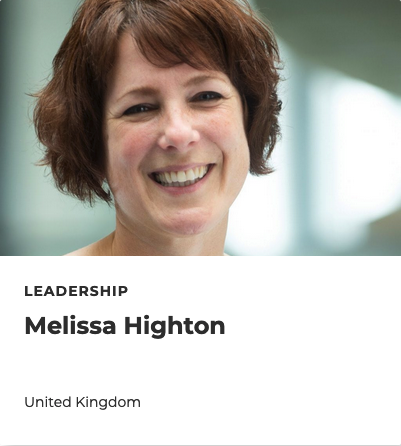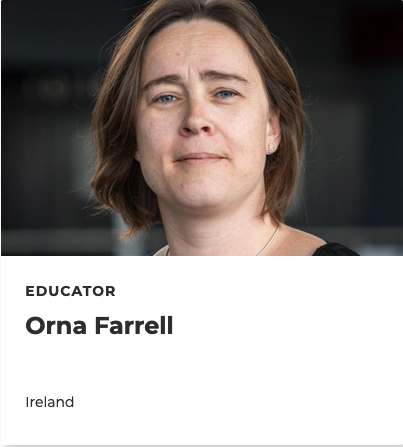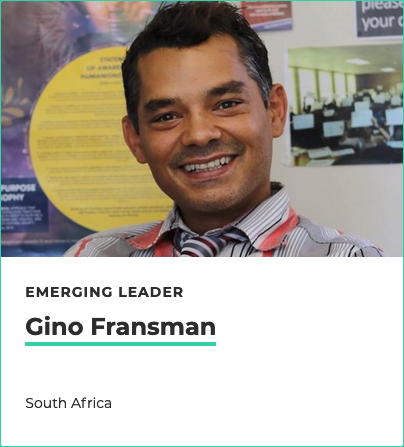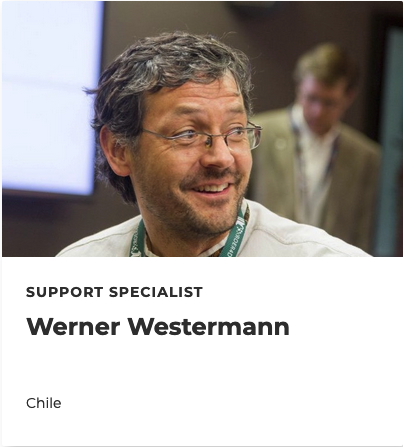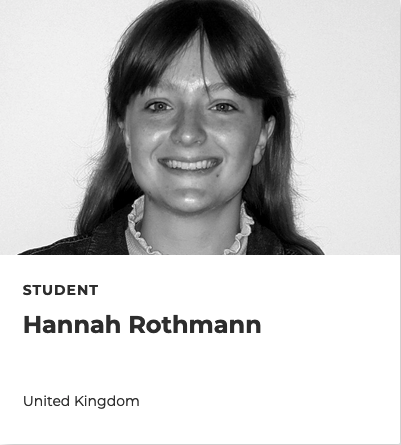The very best of the best
For 10 years, Open Education Global’s Open Education Awards for Excellence has charted and acknowledged the growth of Open Education, its impact on the global education sector, driven by an increasing number of passionate educators and advocates. It has been an exciting time for education and the open movement!
Open Education is a human movement that thrives on the shoulders of extraordinary people that make it possible. Every year, Open Education Global is honored to recognize these incredible individuals in the Open Education Awards for Excellence.
Since the end of September 2021, the Award winners have been announced according to award categories in 2-week intervals. The categories that have been announced so far include the UNESCO OER Implementation award, and those in Open Assets, Open Practices, and Open Resilience.
You can celebrate with the winners on the OEAward section of OEG Connect.
Celebrating People in Open
The final category – the Open Individual – of OEGlobal Awards 2021 celebrates those individuals who lead through their personal commitment, their open education-oriented actions, and their extraordinary contributions that advance openness in education.
Individual Awards are special merit awards presented to individuals who have made outstanding contributions to advance openness in education. These awards recognize achievements in five main categories: Leadership, Educator, Emerging Leader, Support Specialist, and Student Award.
And the 2021 Open Individual award winners are …
Leadership Award
University of Edinburgh (United Kingdom)
A leader in the area of strategic support for OER at both institutional and national levels, demonstrating her long-standing commitment to open education within her current role as Director of Learning, Teaching and Web Services and Assistant Principal Online Learning at the University of Edinburgh, as well as in previous roles at the Universities of Leeds and Oxford.
>Read more
Educator Award
Dublin City University (Ireland)
An inspiring exemplar for her open teaching practices on local, national, and international stages. Dr. Farrell’s willingness to share and inspire other teachers is exemplified by the #OpenTeach project which started in 2019 and was built from the ground up with an open first philosophy. Each building block of the project was an OER or an OEP. Via an open online course, Dr Farrell led a team that went on to teach hundreds of participants about open online teaching and learning.
>Read more
Emerging Leader Award
Nelson Mandela University (South Africa)
Gino’s role in the OpenEdInfluencers project stems from well before being employed at MandelaUni, from UNISA, and the University of the Western Cape since 2005. Being an advocate for Open, and indeed for opening up access to free, high quality, fully accessible education resources motivated a research endeavor as a GO-GN member, as well as a student and staff development and empowerment initiative.
>Read more
Support Specialist Award
Library of Congress of Chile (Chile)
Often OER advocates are focused on the potential for the materials, and the right to and requirement of openness, but sometimes the disconnect between practical uses of the materials can be limiting. Werner worked with Learning Equality to align OERs to the national curriculum in Chile and Honduras, with El Salvador underway, and he has presented on this work alongside their open learning platform, Kolibri, as a tool that could be piloted and scaled. He has shared this passion with our community while discussing the reusability paradox in a recent blog. Werner is leveraging his expertise in education technology and open content to ultimately improve the lives of learners globally.
>Read more
Student Award
University of Edinburgh (United Kingdom)
In a time of homeschooling, remote working, and hybrid teaching – and when many have felt disconnected and powerless – University of Edinburgh student Hannah Rothmann went to work in lockdown to empower staff, students, and members of the public that they had the agency to improve the information freely available online. She did this by creating materials that break down the ‘how’ and ‘why’ of Wikipedia so course leaders can embed learning about Wikipedia into course programmes. The resources Hannah created have been shared in playlists on open licenses to YouTube, the University’s Media Hopper Channel, and curated on a new 41 webpage website.
>Read more
Congratulate the winners and share your experience of their projects and leadership on OEG Connect!
What’s next
We are celebrating the 10th Anniversary of the Open Education Awards for Excellence on December 7th. Join us on this journey!
Explore OEAwards21 further:
